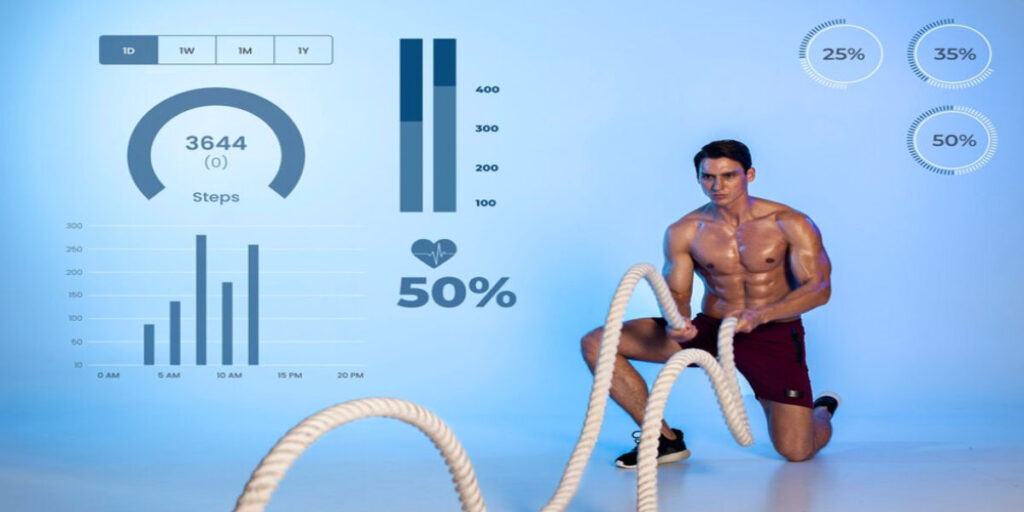In the pursuit of peak physical performance, athletes and fitness enthusiasts often focus on training regimens, nutrition, and recovery strategies. However, one often overlooked yet critical aspect is muscle hydration. This article delves into the importance of muscle hydration, the impact of dehydration on performance, and the best practices for proper hydration.
Importance of Muscle Hydration
Proper hydration is the cornerstone of athletic success. Muscles are composed of about 75% water, and maintaining this balance is essential for optimal functioning. Hydration supports nutrient transport, temperature regulation, and joint lubrication, all of which contribute to improved muscle performance.
Dehydration’s Impact on Performance

Dehydration can have a profound negative impact on athletic performance. As the body loses water through sweat, blood volume decreases, leading to reduced oxygen delivery to muscles. This, in turn, hampers endurance, strength, and overall exercise efficiency. Dehydration also impairs thermoregulation, increasing the risk of heat-related injuries.
Proper Hydration Practice
To maximize muscle hydration, it’s crucial to adopt proper hydration practices. This includes regular water intake throughout the day, especially before, during, and after exercise. Monitoring urine color is a simple yet effective way to gauge hydration levels. Clear or light-colored urine indicates adequate hydration, while dark urine may signal dehydration.
Fluid Type and Muscle Performance Recovery
- Abstract:
This section provides a brief overview of the study’s key findings on the relationship between fluid type and muscle performance recovery.
- Background
This section outlines the scientific foundation behind the study and outlines the rationale for investigating the impact of fluid choices on muscle performance recovery.
Methods
1. Participants
Detailing the characteristics of the participants involved in the study.
2. Study Design
Outlining the overall structure and methodology of the research.
3. Dehydration and Hydration Protocols
Describing the procedures followed to induce and reverse dehydration in study participants.
4. Lower Body Muscle Performance Assessment
Discuss the specific measures employed to assess lower body muscle performance.
5. Salivary Osmolality Measurement
Highlighting the use of salivary osmolality as a key metric in the study.
6. Data and Statistical Analysis
Explain the process of data collection and the statistical methods applied for analysis.
Results

1. Age and Body Morphometrics
Presenting findings related to age and body composition of the study participants.
2. Heart Rate and Body Temperature Findings
Discussing the observed changes in heart rate and body temperature during the study.
3. Exercise and Salivary Osmolality Correlation
Analyzing the correlation between exercise and salivary osmolality levels.
4. Time to Body Mass Loss
Reporting on the duration it took for participants to experience body mass loss due to dehydration.
5. Impact of Fluid on Salivary Osmolality Recovery (Rehydration)
Unveiling insights into how different fluid types affect salivary osmolality recovery during rehydration.
6. Dehydration, Rehydration, and Exercise Performance
Summarizing the study’s crucial findings on the interconnected aspects of dehydration, rehydration, and subsequent exercise performance.
Conclusion
In conclusion, this article underscores the paramount importance of muscle hydration for optimal performance. By understanding the impact of dehydration on muscle function and adopting proper hydration practices, athletes can enhance their training outcomes. Additionally, the insights from the fluid type and muscle performance recovery study shed light on effective rehydration strategies, further empowering individuals to achieve their fitness goals.
By prioritizing muscle hydration and making informed fluid choices, athletes can unlock their true potential, pushing their boundaries and achieving peak performance in their fitness endeavors.


